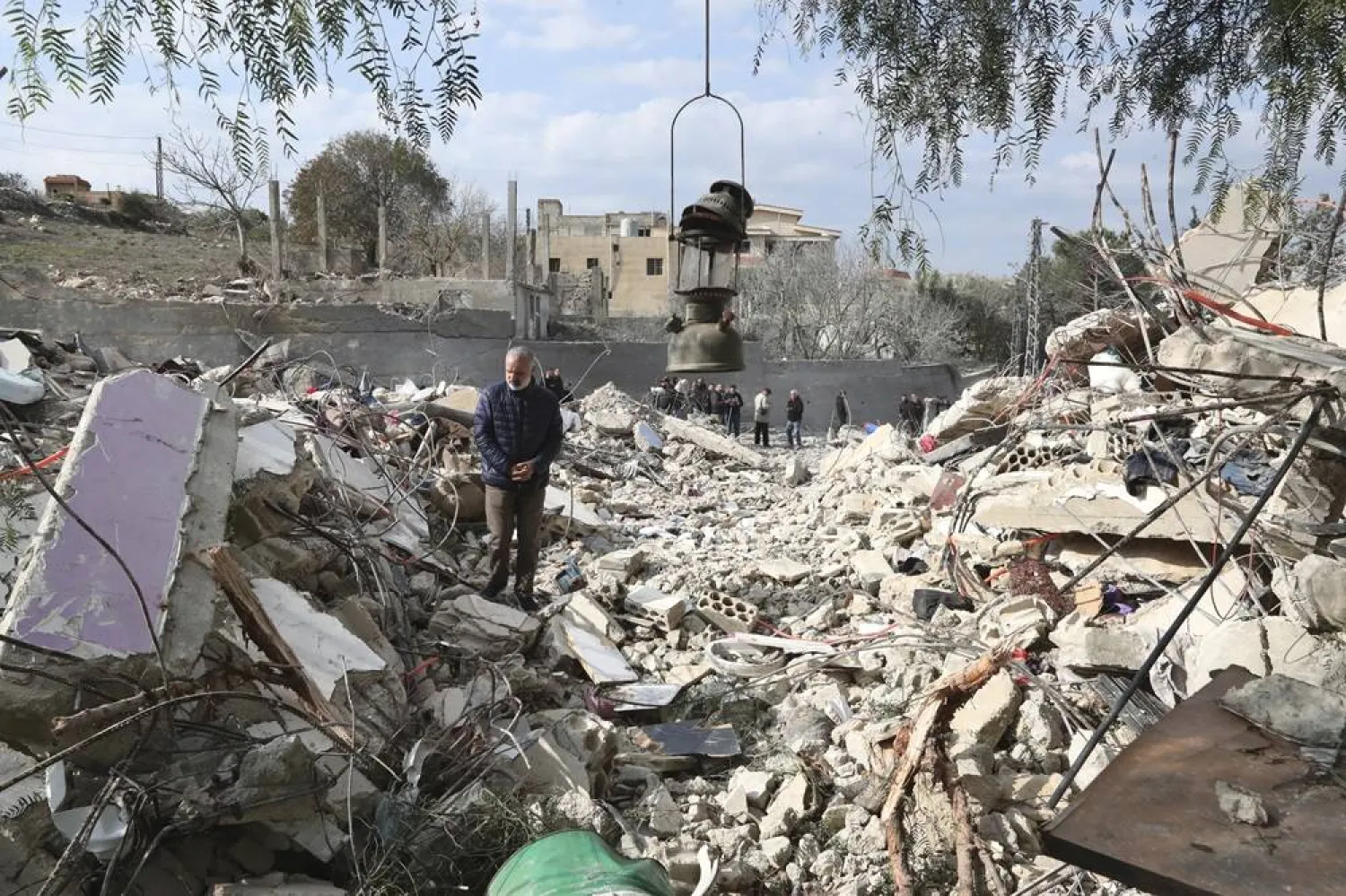The UN Secretary-General on Friday voiced grave concerns over “further spillover” of the conflict in Gaza, as the Security Council discussed the situation in the Middle East against the backdrop of escalating violence between Israeli settlers and Palestinians in the occupied West Bank and the relentless Israeli bombardment in the war-ravaged enclave.
“As the hostilities between Israel and Hamas and other groups in Gaza intensify, the Secretary-General remains gravely concerned about the further spillover of this conflict, which could have devastating consequences for the entire region,” said Stephane Dujarric, Spokesman for UN Secretary-General Antonio Guterres.
“There is a continued risk of wider regional conflagration, the longer the conflict in Gaza continues, given the risk of escalation and miscalculation by multiple actors,” he added in a statement.
“The escalating violence in the occupied West Bank, including intensified Israeli security forces operations, high numbers of fatalities, settler violence and attacks on Israelis by Palestinians, is extremely alarming.”
“The daily exchanges of fire across the Blue Line risk triggering a broader escalation between Israel and Lebanon and affecting regional stability,” he warned.
“The Secretary-General is increasingly concerned about the spillover effects of the continuing attacks by armed groups in Iraq and Syria, as well as the Houthi attacks against vessels in the Red Sea, which have escalated in recent days,” he continued.
“The Secretary-General urges all parties to exercise maximum restraint and take urgent steps to de-escalate tensions in the region,” added. Dujarric.
“He again appeals to all members of the international community to do everything in their power to use their influence on the relevant parties to prevent an escalation of the situation in the region,” he went on to say.
“The Secretary-General reiterates his call for an immediate humanitarian ceasefire in Gaza and the immediate and unconditional release of all hostages.”
Security Council
The Security Council, meanwhile, met at the request of the United Arab Emirates, to discuss the situation in Gaza.
Khaled Khiari, Assistant Secretary-General for the Middle East at the UN Department of Political and Peacebuilding Affairs (DPPA), informed Council members that the situation in the Middle East is alarming and continues to deteriorate, including “several interconnected theatres conflict”.
He noted “intense” Israeli ground operations and fighting between Israeli forces and Hamas and other groups in most areas of Gaza, as Hamas and other Palestinian factions continue to fire rockets from Gaza into Israel.
“Civilians from both sides [...] continue to bear the brunt of this conflict,” he said.
Reiterating the Secretary-General’s call for an immediate humanitarian ceasefire in Gaza, Khiari warned that the risk of regional spillover of this conflict with potential devastating consequences for the entire region “remains high” given also a multitude of actors involved.
He informed Council members of “continued daily exchanges” of fire across the Blue Line between Lebanon and Israel, posing a “grave risk” to regional stability.
“Increasingly, there have been strikes on civilian areas, with civilian casualties, on both sides of the Blue Line, in addition to a rising number of fatalities among combatants,” he added.
Khiari also noted attacks on US bases in Iraq and Syria, with the US conducting some airstrikes against groups suspected of these actions in Iraq and Syria. He also cited reports of Israeli air strikes inside Syria, as well as tensions in the Red Sea.









